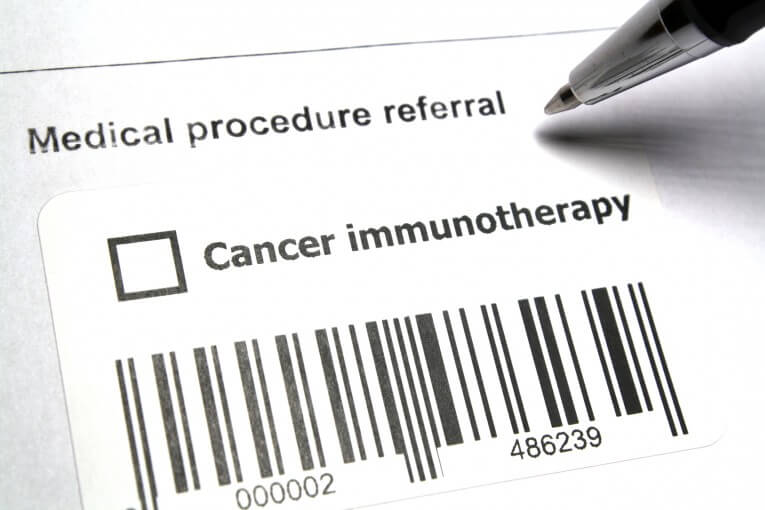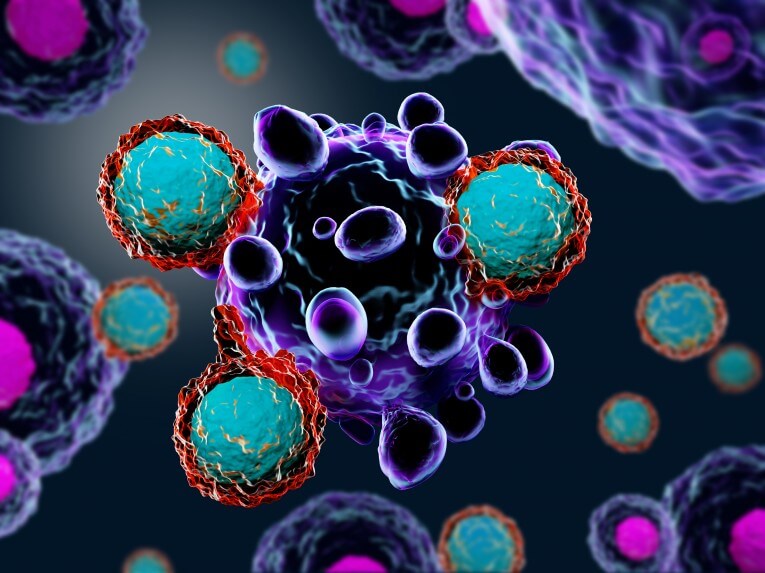Is Cancer Insurance Worth it?
If cancer treatment is covered by health insurance, then paying for a cancer policy is a waste of money, right? Many people think that extended cancer protection is purchased to help pay for the unexpected costs of a cancer diagnosis, like travel, lost wages, etc., not for actual treatment. If that’s the case, paying a monthly premium might seem like an unnecessary expense. I must admit, that’s kind of what I used to think.
I have learned some things recently that have changed my mind:
- Many cancer drugs are not covered very well by Medicare Part D
- Cancer rates have increased, but cancer survival rates have as well
- New, life-saving and expensive cancer therapies are on the rise
- Not all drugs have co-pay assistance programs
- Not everyone qualifies for help
So, what is cancer insurance?
While each policy has unique underwriting requirements, generally if you have no history of cancer (exceptions are made for non-melanoma skin cancer), you can purchase a cancer policy for a monthly premium. If you receive a cancer diagnosis, you will receive benefits should you undergo cancer treatment (restrictions apply). Benefits can include:
- Lump sum payments upon first diagnosis
- Payments mailed directly to the policy owner after things like doctor visits and surgeries
- Payments received while undergoing treatments like chemotherapy, radiation, hormone therapy, immunotherapy, and experimental treatments
- Some policies have no lifetime maximum on the benefits received while undergoing the cancer treatments mentioned above
This article, titled, “ Cancer Patients’ Dilemma: Expensive Pills vs. Invasive Chemo”, states that more and more chemo pills fall into the most expensive price tier in Medicare Part D drug plans, which means higher out of pocket costs. A cancer policy could provide extra funds to help pay for those costs.
As people live longer, cancer rates are increasing. In fact, 50% of men and 33% of women will receive a diagnosis of cancer at some point in their lives. Cancer survival rates are going up as well. Many of the expensive cancer pills coming out are better at treating cancer and keeping it from spreading. “They may have fewer side effects, making them a good choice for maintenance”, according to the American Society of Clinical Oncology (ASCO).

One of our clients, an emergency room physician, said that he believes that immunotherapy is the cancer treatment of the future. He is not alone. Former President Jimmy Carter said he is cancer-free after using the immunotherapy drug Keytruda (Pembrolizumab). Mr. Carter’s cancer had already spread to his brain, but the immunotherapy worked. Just like many of the newer chemo pills, immunotherapy drugs are very costly.
How expensive are these cancer pills? I found this list of the top 20 best-selling cancer drugs of 2017 and entered each one into the Medicare.gov plan finder. I discovered that:
- Eight of them were not covered at all by any Part D plan
- Of the remaining 12 that were covered by Part D, the average out of pocket costs were $8,000/year
- Revlimid, a drug used to treat Multiple Myeloma topped the list at $21,200 per month for the total cost of the drug, and $14,600 per year for out of pocket co-pays
- While some of these drugs have assistance programs, not all of them do, and not everyone qualifies
For some people, that might mean foregoing a promising treatment.
There are many reasons to give cancer insurance a second look. With promising new cancer treatments that carry a hefty price-tag, and poor coverage by Medicare Part D, enrolling in a policy that provides extended cancer protection may be a wise choice.


